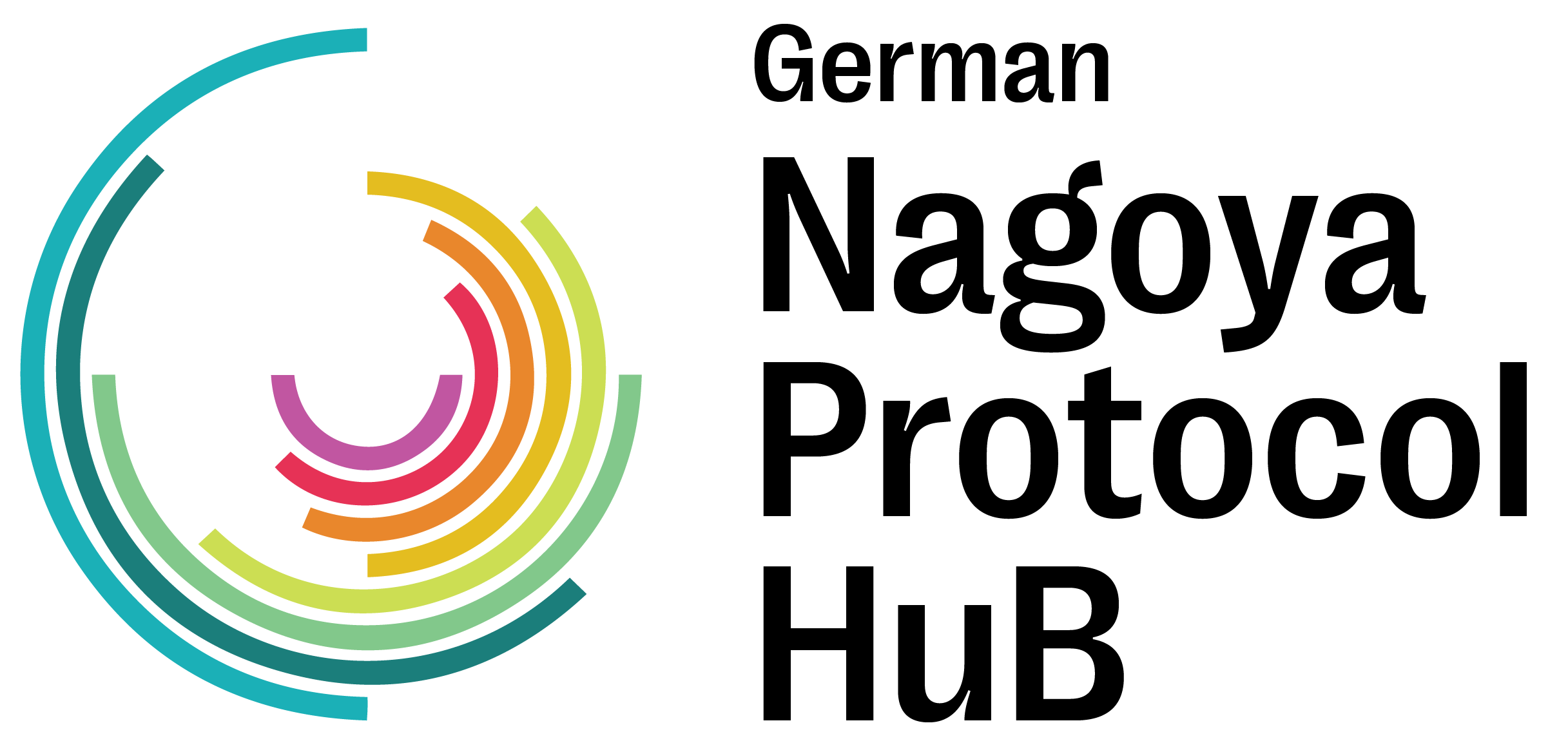Digital sequence information on genetic resources (DSI)
What’s the issue?
Digital sequence information on genetic resources (DSI) is a controversial issue that is on the agenda of the Convention on Biological Diversity (CBD) and its Nagoya Protocol. Although there is no official definition of DSI yet, the discussion revolves around the sequence data that are generated through sequencing biological samples. These data are often subsequently available in publicly accessible databases.
There are a number of Party countries who are concerned that the availability and use of DSI undermines the access and benefit-sharing system. Whereas some Parties have taken the position that the data are outside the scope of the CBD and no benefit-sharing obligations exist for access to and use of sequences for research, other countries have already started to regulate DSI according to their own national laws.
Where can I get background information about DSI and the international process?
For an overview of the DSI issue and the policy process, see “Digital Sequence Information on Genetic Resources (DSI) An Introductory Guide for African Policymakers and Stakeholders” from the ABS Capacity Development Initiative.
More information on the international DSI process, including several studies on DSI, can be found on the website of the CBD Secretariat.
White Paper – Wissenschaftliche Lösungsansätze für Digitale Sequenzinformation (WiLDSI)
The WiLDSI Project (in English “Scientific approaches for digital sequence information (DSI)”) is an interdisciplinary research project funded by the German Federal Ministry of Education and Research (BMBF) and led by the Leibniz Institute DSMZ and the Leibniz Institute IPK Gatersleben to research viable open access benefit-sharing policy options for DSI. It proactively involves scientific stakeholders.
The WiLDSI White paper “Finding compromise on ABS & DSI in the CBD: Requirements & policy ideas from a scientific perspective” was published in October 2020. It looks at what policy options could be compatible with scientific concerns around open access and the debates on DSI within the Convention on Biological Diversity (CBD).

